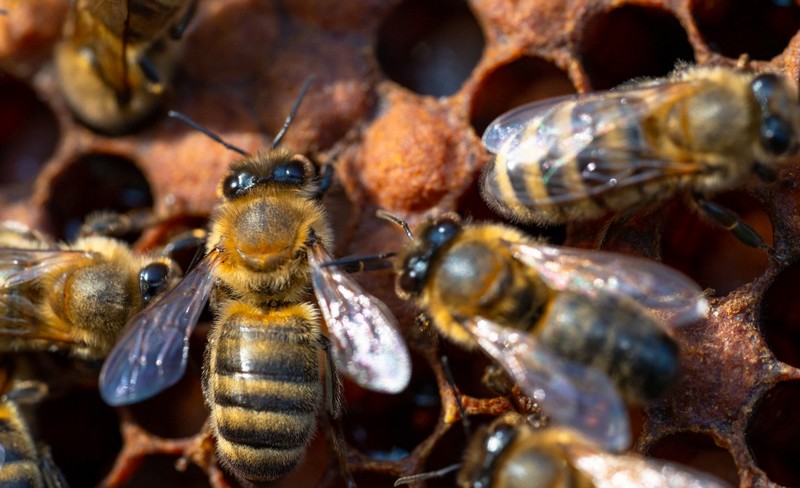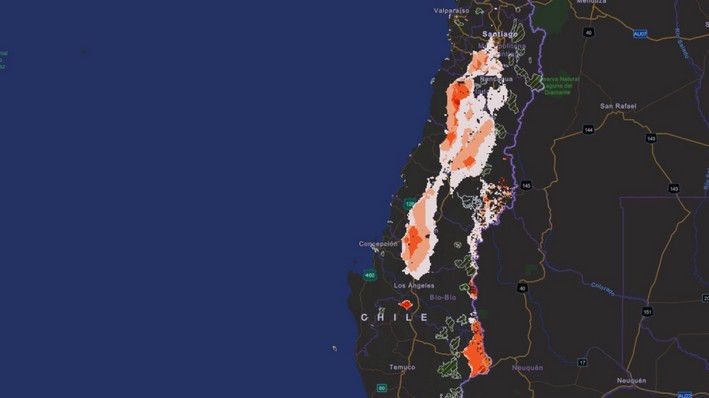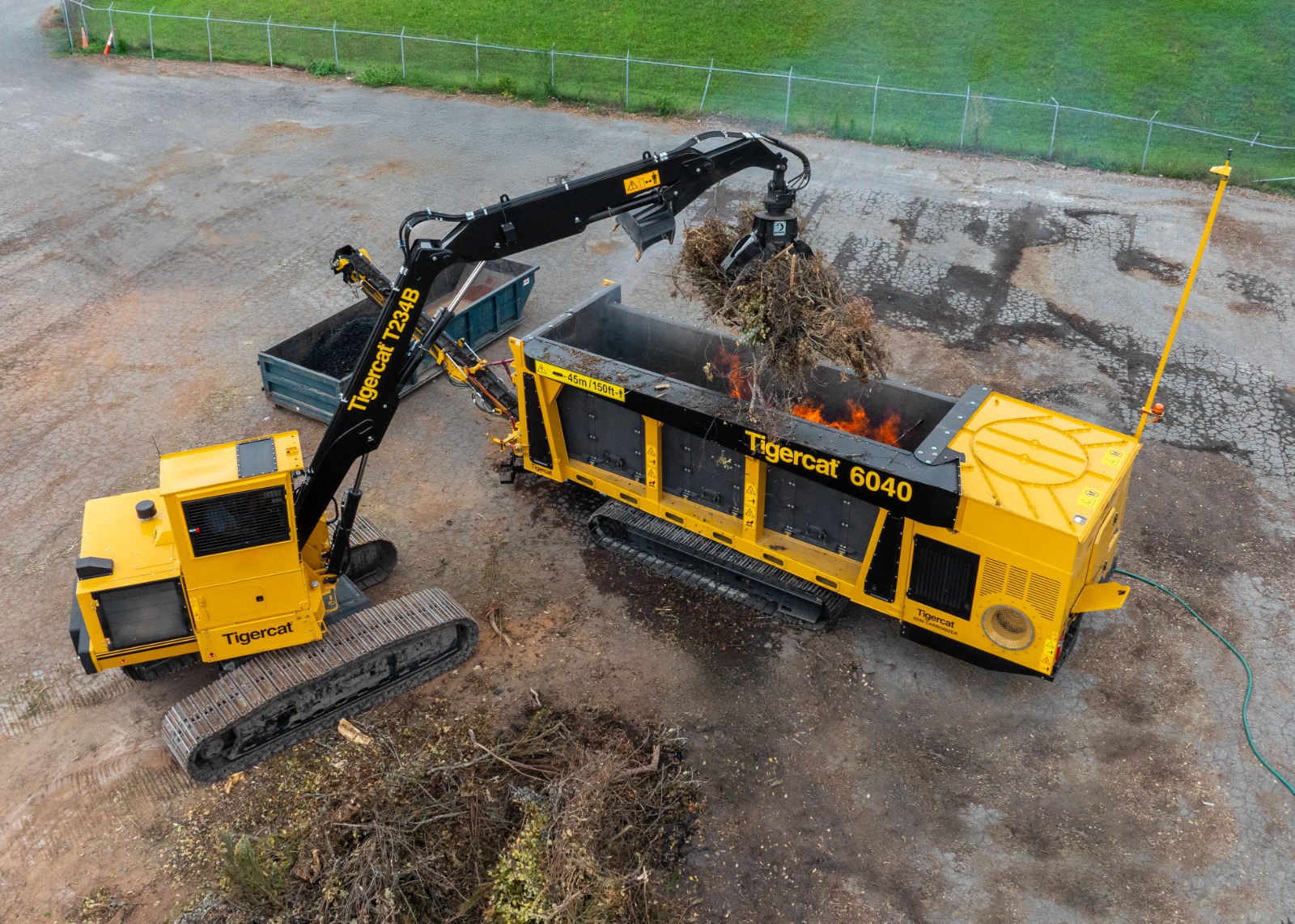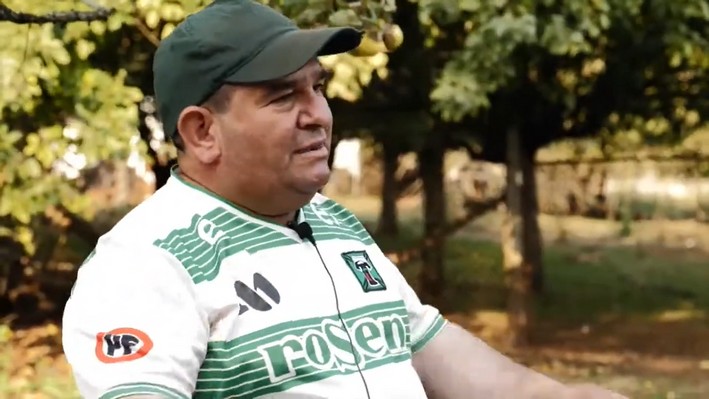The Faculty of Agronomy at the University of Concepción, Chillán campus, announces the launch of NeuroBeeLab, a new research unit aimed at strengthening the study of bees from a neuroscientific perspective.
This laboratory is a concrete response to over 15 years of research in bee health led by Dr. Marisol Vargas, who has driven various FONDECYT projects dedicated to understanding viral diseases affecting honeybees in Chile. The current FONDECYT Project No. 1241194: “Understanding the relationship between physiological and neurological function in honeybees infected with Deformed Wing Virus variant a (DWV-A) and the impact on brain genomic regulation and behavioral response,” has been instrumental in laying the foundations for NeuroBeeLab, consolidating this new research unit with an integrative vision combining neuroscience, virology, and molecular biology applied to pollinators.
“NeuroBeeLab primarily focuses on investigating the effects of viral infections—such as Deformed Wing Virus (DWV)—and environmental stress on the nervous system of bees, with the goal of providing key knowledge for the conservation of these vital pollinators and the country’s food security,” explained the professor.
The laboratory team consists of Dr. Marisol Vargas (director), Dr. Yazmín Fuentes (virologist), Dr. Ximena Sepúlveda (collaborating researcher), and doctoral student Diego Silva, a plant biotechnology engineer, M.Sc., whose thesis focuses on the neurobiology of virus-infected bees, integrating molecular biology techniques, bioinformatics, and behavioral assays.
As part of the establishment of this laboratory, strategic international alliances have been formed with excellence-driven institutions such as the Insect Neurobiology Laboratory at the National University of La Plata (Argentina) and the Institute of Neuroscience of the Principality of Asturias (INEUROPA), Spain, which have significantly contributed to the training of young researchers, including Diego Silva, who is developing part of his doctoral thesis in collaboration with these centers.
The creation of NeuroBeeLab not only strengthens the research capabilities of the University of Concepción but also positions it as a leader in the study of bee health and neurobiology in Chile.
“This laboratory is an important step toward comprehensively understanding how bees respond to environmental pressures and how we can contribute, through science, to their conservation and well-being,” emphasized Dr. Marisol Vargas.







Comments (0)
No comments yet. Be the first to comment!
Leave a comment